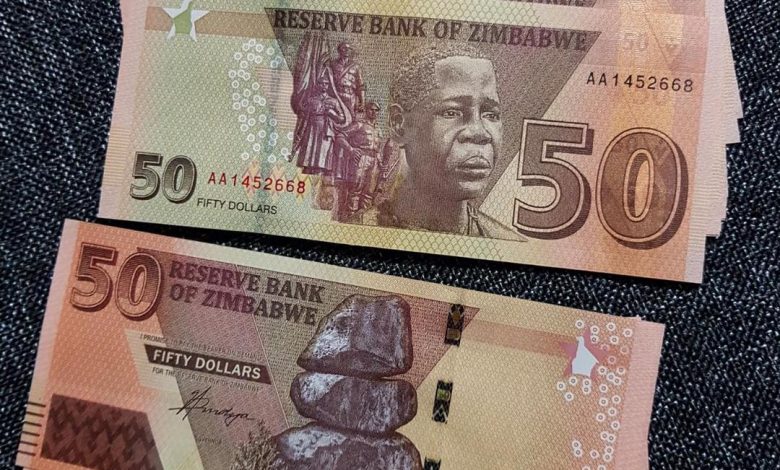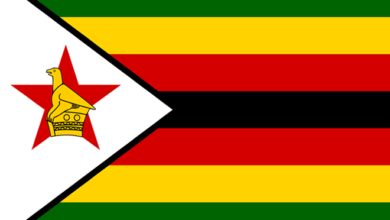June 2023: ZWL Still Here to Stay

The Zimbabwean dollar is a currency some people don’t want but almost everyone is using in Zimbabwe. Be it in cash or e-money. Some use it to take a kombi (taxi) to the CBD and back. Others use it to buy goods at misika (informal small street markets) in their neighbourhood. Also, children use it to buy their favourite sweets and chips from that sweet lady or man by the school corner. Difficult as it is to accept, the currency is still in circulation, especially the notes. As the President said, it is here to stay.
Bank and mobile money charges do not stop people from using the Zimbabwean dollar. It is our currency, and we cannot just wish it away. People are now accustomed to the transfer charges. Additionally, it seems like the government wants it to stay and are not backing down on the use of it. Yes, some people allege that some government offices do not take the local currency. This is something that needs evidence, but the local currency is not going anywhere.
Moreover, just recently the RBZ (Reserve Bank of Zimbabwe) has loosened the reins on controlling the formal rate. The market now determines it, and it has been a whirlwind since then. The currency is yet to find its place in the exchange rate mix. It is important to leave the Zimbabwean dollar to find its right position in the market as well. It is going to be really painful for some. Also, fortunately or unfortunately, others will benefit from this whirlwind and positioning. RBZ tried to control the local currency and failed. Therefore, it is futile to think one body can control the economy, especially the exchange rate.
The Zimbabwean dollar rate determined by the market.
The business community, especially the informal sector has the power to make or break the economy. Zimbabwe’s economy is predominantly run by the informal sector. They do not conduct business according to the laws of the formal financial institutions. They make their own rules and laws. However, this freedom is not finite because consumers can turn on them the moment they feel the pinch. This whole scenario is like a circus show where the audience can easily disrupt the performance. Nevertheless, the market, especially the informal sector plays a huge role in determining the exchange rate.
To date, economists are puzzled by the bizarre economic state of Zimbabwe. Yet, there are a number of things the nation can do to bring sanity. First off, they can decisively deal with corruption. They can also equip local industries with the capacity to manufacture for export. Export increases the demand for the exporters currency as buyers use exporters’ currency. Now, Zimbabwe, as a multi-currency country needs to work on both export increase. Additionally, it needs to improve policies for the use of the Zimbabwean dollar when exporting.
Moreso, it is important for a country to have its own currency. Zambia and Mozambique’s currencies were in free fall in the not-so-distant past. Now, both nations’ currencies are more stable. They found their place in their respective economies. Their local currencies are more stable than before. The Zimbabwean dollar needs to find its feet to stabilise. The question of when this happens cannot be easily answered but, not abandoning it will surely make it happen. The local currency seems to be here to stay.




